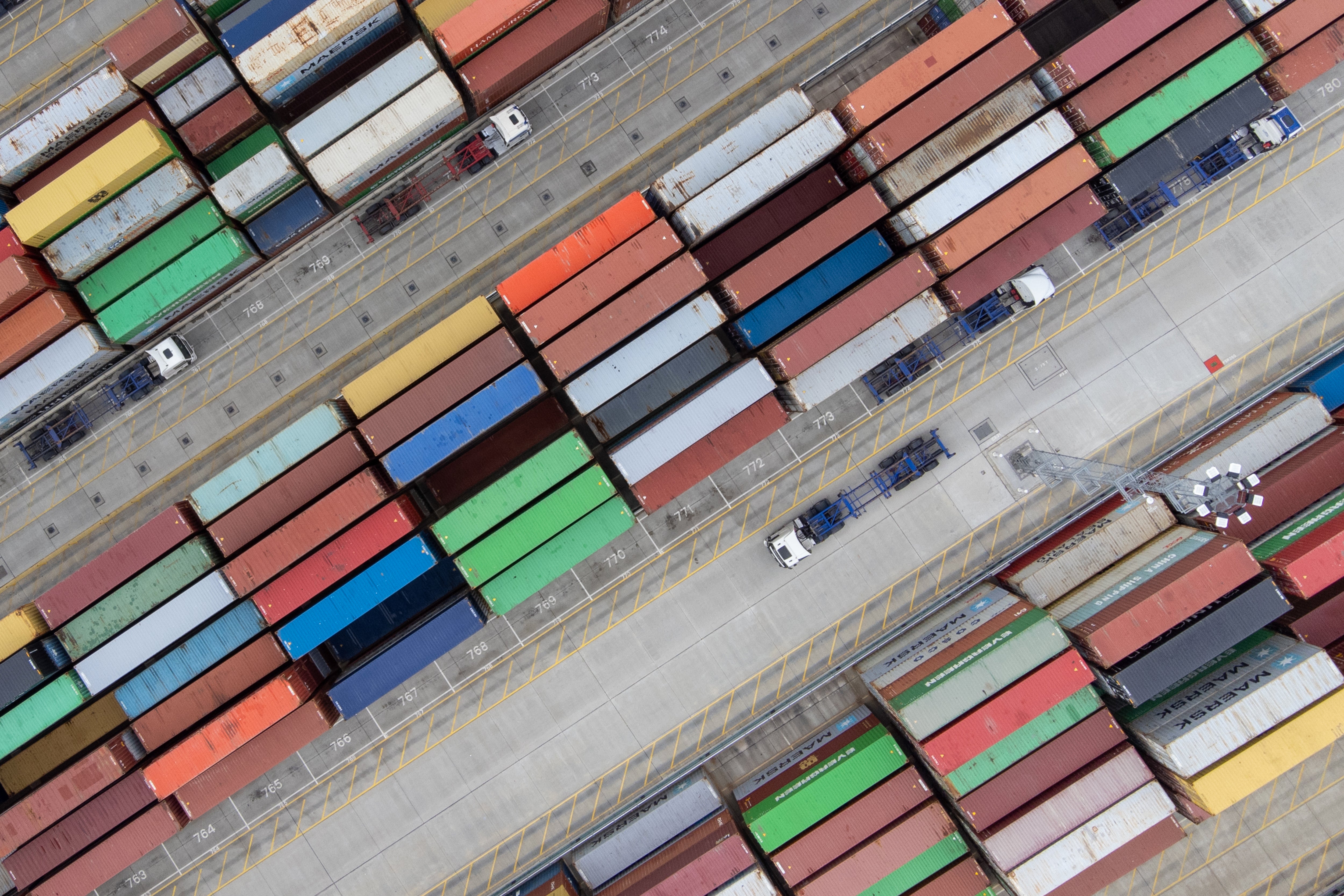Digital trade documents ‘could speed recovery’
Around nine trillion dollars of trade could be unlocked with more digitalisation, the International Chamber of Commerce said.

The world’s largest economies could increase the flow of international trade by as much as nine trillion US dollars (£6.6 trillion) by 2026 if they shift to using digital trade documents, a report suggests.
The report from an international business organisation said that the costs of trading between two countries from the G7 group could drop by 76% if documents are processed digitally.
This would cut the time that it takes to complete a cross-border deal by up to 81%, the International Chamber of Commerce (ICC) said.
“Currently, international trade relies on billions of paper documents and antiquated laws which date back to the 16th century,” the ICC said.
G7 countries have backed the vision for making trade digital - but it is now urgent to accelerate reform, modernise the digital trade ecosystem and put a rocket under recovery
“An ordinary trade transaction involves up to 27 documents, can take three months and can cost businesses up to £80,000 – creating an administrative nightmare and keeping costs unsustainably high for SMEs (small and medium-sized enterprises).”
The group called on the G7 and other large economies, including those in the G20 to reform their systems to create an environment more open to trade.
The ICC’s UK secretary general Chris Southworth said that the G7 should lead a global change.
Its members should “work with countries in Asia that have also begun to modernise the global digital trade ecosystem”, he said.
Mr Southworth added: “Make no mistake, digitalisation is central to driving the economic growth following the Covid crisis – without it the recovery will be hampered.
“It is the single biggest opportunity to transform world trade, dwarfing the benefits of trade agreements. We have the opportunity to cut trade transaction times from weeks and months to hours and days and with it bring international merchandise trade into the digital era.”
The ICC added: “G7 countries have backed the vision for making trade digital – but it is now urgent to accelerate reform, modernise the digital trade ecosystem and put a rocket under recovery.”
Bookmark popover
Removed from bookmarks